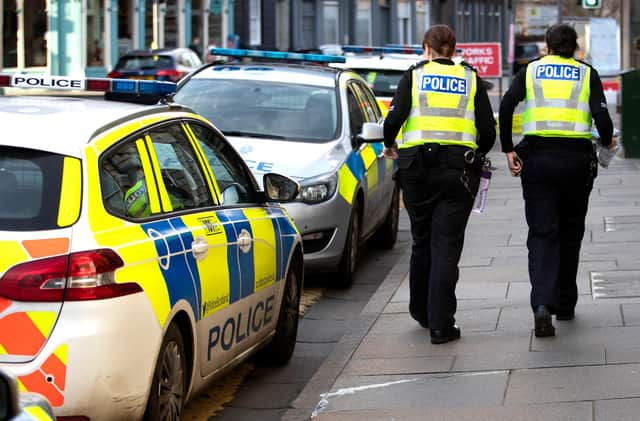Rangers malicious prosecution case highlights the problems caused by a compensation culture – Tom Wood


Not so long ago, public bodies would be censured for mistakes, individuals disciplined or even sacked. Now such failures always seem accompanied by huge sums of money in fines or compensation. But who actually pays and who checks the sums are proportionate?
The grossest recent example is the Rangers malicious prosecution case. It would take too long to dredge the depths of this sorry affair but suffice to say the bill for legal advice and compensation is now approaching £40 million.
Advertisement
Hide AdAdvertisement
Hide AdIs this eye-watering sum really proportionate and who pays it? Well, a big slice will come from the Crown Office budget, but since they only have our money, it’s us, the public who must pay. What does this mean in the real world?
It’s simple, this enormous sum of cash must be found in the justice budget, which inevitably means there will be a huge overspend or substantial cuts.
It is the Catch-22 of the compensation merry-go-round: the public always pays the bill or is short-changed on service, or both.
Another example is the financial fallout from the 2015 road crash on the M9, which killed a young couple. Police Scotland was fined £100,000 for health and safety breaches following a human error in a police control room.
Since the conviction, a large sum has been paid in compensation, but leaving that aside, what was the point of the fine? The £100,000 will not come from officers’ own pockets but from Police Scotland’s revenue budget.
So we have the ridiculous situation of one public body, Police Scotland, paying another public body, the Scottish Courts Administration, £100,000. What happens then?
Will the money simply be returned through some back-channel or will the police budget be left short? If the latter, who bears the cost? Yes you guessed it, it’s us again, through a reduction in police service or a budget overspend!
This bizarre situation came into focus again last week when I gave evidence to the Scottish Parliament’s human rights committee on the 84/85 miners strike. The committee’s role was to scrutinise a Bill which arose from the inquiry into the policing of the strike.
Advertisement
Hide AdAdvertisement
Hide AdGiving evidence to the committee was a positive experience – well-chaired, good debate and, refreshingly, no hint of party politics.
I had given evidence to the original inquiry and personally agreed with the single recommendation. I thought that miners, convicted of a single breach of the peace but then sacked and blackballed by their employers, had been harshly dealt with. A pardon seemed a reasonable gesture.
All well and good but then the inevitable question of compensation arose. When the subject came up, there seemed a presumption that, once again, the public purse would be plundered to pay compensation for what were the Coal Board’s actions.
If we are not careful, you and I will once again be on the hook.
The fashion for huge compensation sums and fines cannot go on. At the very least our only watchdog, Audit Scotland, must have a role in judging the proportionality of these enormous sums.
There must be a better way to censure public bodies than to punish the public.
Tom Wood is a writer and former police officer
